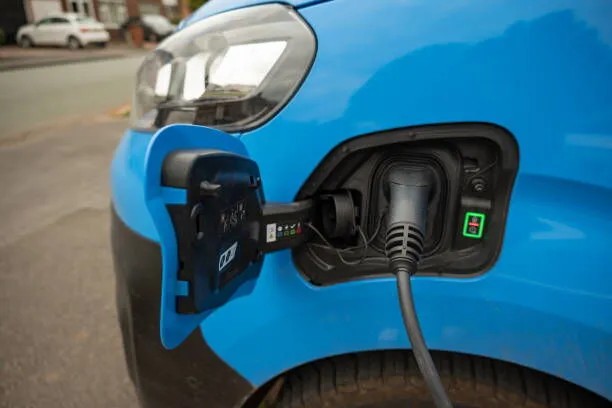
How Fast Does a J1772 Charge? A Comprehensive Guide to EV Charging Speeds
As a professional EV charger manufacturer in China, Topper Company delivers dependable electric vehicle charging station equipment and comprehensive charging solutions.
The J1772 connector is a crucial standard for electric vehicle (EV) charging in North America. Developed by the Society of Automotive Engineers (SAE), it supports Level 1 and Level 2 AC charging, which is the most common charging method for home and public stations. Unlike DC fast charging, which sends power directly to the battery, J1772 uses an onboard charger in the vehicle to convert AC power into DC.
Before diving into J1772, it’s helpful to know the main DC fast charging connectors used today:
CCS (Combined Charging System) – A widely adopted standard that integrates both AC and DC charging in a single connector, compatible with modern EVs like the Chevrolet Bolt and Ford Mustang Mach-E.
CHAdeMO – An older standard mainly used by Nissan Leaf. While still in use, it is being replaced by CCS.
Tesla Superchargers – Exclusive to Tesla vehicles, offering fast charging speeds but requiring adapters for use at non-Tesla stations.
Several factors influence the speed of J1772 charging:
Onboard Charger Capacity – The power of the vehicle’s onboard charger determines how quickly it can convert AC to DC. This can range from 3.3 kW to 19.2 kW.
Charging Station Power Output – J1772 stations can provide anywhere from 3.3 kW to 19.2 kW. Your vehicle’s onboard charger must match or exceed this output for optimal speed.
Battery State of Charge (SoC) – Charging is faster when the battery is low, but as it approaches full capacity, the charging rate slows down to prevent battery damage.
Temperature – Extreme weather can affect charging efficiency, with colder temperatures typically slowing the process.
Cable and Connector Quality – Using damaged or low-quality cables can significantly reduce charging speeds.
J1772 offers slower charging speeds compared to DC fast charging systems, but it’s more accessible and affordable for everyday use. Here’s how the speeds compare:
J1772 Level 1 (120V) – Around 1.4 kW, suitable for overnight home charging.
J1772 Level 2 (240V) – Ranges from 3.3 kW to 19.2 kW, ideal for home and public charging stations.
DC Fast Charging – Can provide up to 350 kW, charging an EV in 20-30 minutes but is more expensive and less available than J1772.
While DC fast charging is excellent for long trips, J1772 is perfect for regular daily use, especially if you charge overnight at home.
To get the most out of your J1772 charger:
Choose the Right Station – Ensure your EV’s onboard charger matches the station’s output.
Charge When Battery is Low – Charging is faster when the battery is under 80% capacity.
Keep Cables and Equipment in Good Condition – Regularly inspect your charging equipment to ensure efficiency.
Charge in Moderate Temperatures – Avoid charging in extreme weather conditions that can reduce efficiency.
The J1772 connector is a reliable and accessible charging solution for everyday EV use, especially for home and public stations. While it doesn’t offer the speed of DC fast chargers, its affordability and widespread availability make it an essential part of the EV charging landscape. By understanding how to optimize your charging process, you can keep your EV powered up and ready for the road.Know more about Google SEO Directory
© 2024 Crivva - Business Promotion. All rights reserved.